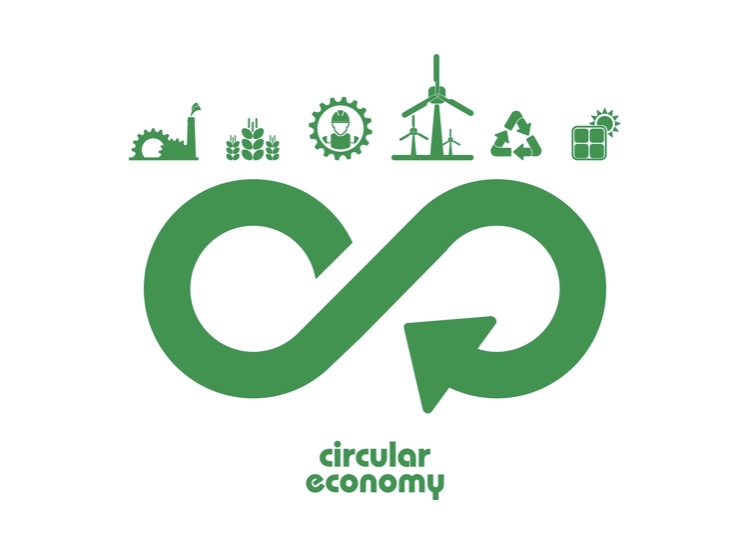The global sustainability movement highlights an urgent need to responsibly manage resources, ensuring availability for future generations. This article explores how circular economy principles can act as enablers for redesigning global value chains to achieve proactive adaptability and align with sustainability objectives.
Understanding Circular Economy
The circular economy promotes resource efficiency through practices such as reuse, remanufacturing, and recycling. Unlike the linear economy, which depletes resources, circular models focus on extending resource lifespans and maximizing their value. This approach not only benefits the environment but also drives economic and operational efficiencies across industries.
Strategic Frameworks in Circular Economy
To address uncertainties and optimize circular economy adoption, this study integrates game theory and real options theory.
1. Game Theory: This approach enables strategic decision-making among stakeholders by modeling relationships and optimizing resource utilization. Game theory supports equilibrium in key factors such as pricing and emissions, encouraging collaborative practices among manufacturers, distributors, and retailers.
2. Real Options Theory: This theory emphasizes flexibility in decision-making under uncertain conditions. By leveraging strategic options, businesses can extend product lifespans, embed value-adding services, and enhance resource recovery processes.
Technological Innovations and Data Utilization
Industry 4.0 technologies, including big data analytics, IoT, and artificial intelligence, serve as critical enablers for circular economy models. Data-driven insights empower businesses to design adaptive strategies, enhance efficiency, and create innovative solutions for resource management.
Case Studies and Applications
The textile and fashion industries exemplify the potential of circular economy adoption. These sectors, which significantly contribute to global pollution, can benefit from redesigned business models emphasizing reduced resource usage, increased recycling rates, and extended product lifespans. Integrating circular principles in supply chains could simultaneously reduce environmental impact and promote economic growth.
Circular Economy in Education and Stakeholder Engagement
Embedding circular economy education in schools and universities fosters a culture of sustainability among future generations. Additionally, involving stakeholders throughout the value chain—customers, regulators, and industry players—ensures collaborative efforts toward sustainability goals. This aligns with the United Nations’ Sustainable Development Goals (SDGs), particularly SDG 12 on responsible consumption and SDG 17 on partnerships.
Key Takeaways and Recommendations
Organizations must adopt integrated, agile, and data-driven business models to fully harness the benefits of circular economy practices.
Collaboration between stakeholders is crucial for addressing uncertainties and enhancing value creation.
Regulatory frameworks and global partnerships should support circular economy initiatives to drive sustainable development.
Educational institutions must prioritize circular economy principles to equip the next generation with necessary skills and awareness.
In conclusion, circular economy principles, underpinned by innovative frameworks and technologies, can transform global value chains. By prioritizing collaboration, adaptability, and sustainability, businesses can align economic growth with environmental stewardship, ensuring a resilient and sustainable future.

